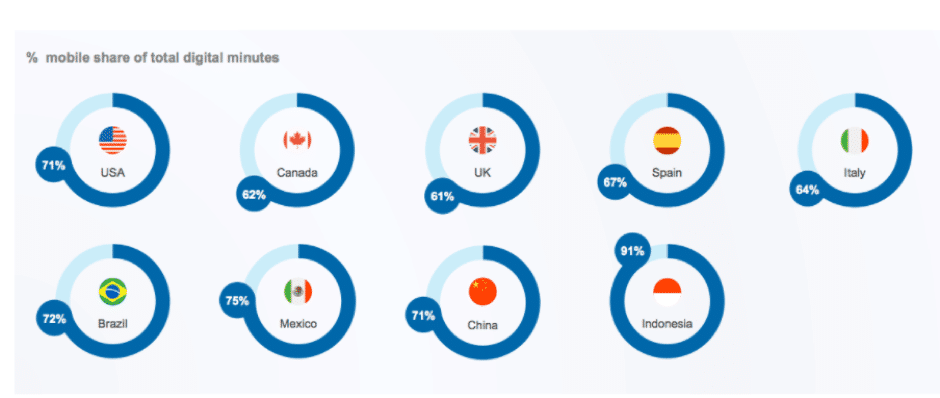Chakrya Lim SCC WEB120 Portal
Responsive Website vs Native Mobile App Research
There are advantages for companies to use either a responsive website or a native mobile app, it just depends on the situation.
Websites are critical for getting new users, most users find a company by their website before finding out about the native app, so it’s important to have a responsive website. Responsive websites are easier than native apps for users. It doesn’t require a download and they are free, which makes them accessible to everyone (ThinkMobiles).
For the company, responsive websites are more affordable. Companies do not need someone to build two version of a website. Since you only have one website to maintain, it makes updating and fixing bugs easier and faster too (ThinkMobiles).
Mobile native apps are good for a user who needs to complete a task. It’s easy to customize the experience for the user. The user can do it themself (customize their settings) or the app can do it for them (app can identify location and provide geography-specific content). All these customization provide a good user experience and so the user will come back time and time again (Deshdeep).
For the company, push and in-app notifications gives you another way to communicate to the customer. “There has been instances where the push medium of notification has delivered click-through rates of 40%” Another benefit of mobile apps is the freedom to offer “a new branding experience for users,” which isn’t as possible for a responsive website (Deshdeep).
Whatever the direction a company goes, it’s very important to at least have a responsive website. 71% of America’s digital traffic comes from mobile devices (JMango 360). The rest of the world isn’t far behind (see image below). Mobile usage will “increase worldwide from 4.01 in 2013 to 5.07 billion in 2019.” (ThinkMobiles).
